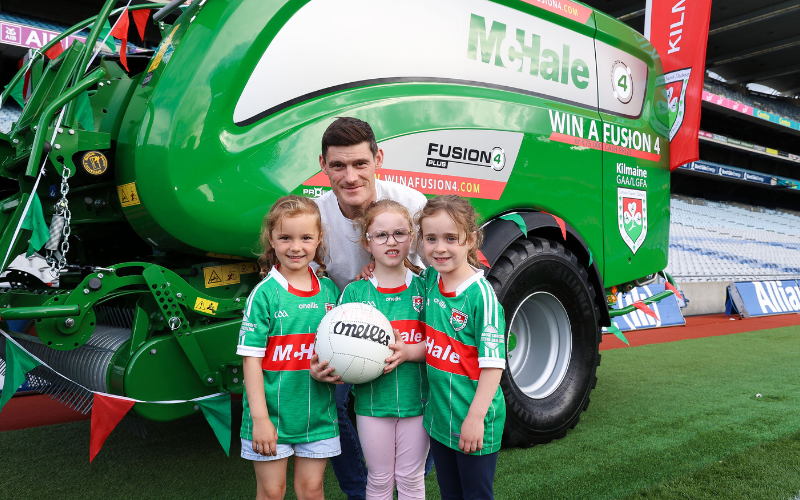Irish-American identical twin astronauts have volunteered for an observational study to determine the effects of microgravity on human genetics, says a report from Discovery.
Scott Kelly, who has made one long-duration space flight already aboard the International Space Station, is set to blast off again in 2015 for a year-long stay - NASA's first endeavor of that length.
To date, Scott has already logged 180 days in space, more than three times the 54 hours logged by his twin brother Mark. Mark retired from NASA after commanding the final slight of shuttle Endeavor. He left after his wife, former Arizona congresswoman Gabrielle Giffords, survived an assassination attempt in 2011.
NASA researchers got the idea that the Kelly brothers provide a unique opportunity to learn more about how space travel and microgravity affects the human body.
John Charles, a physiologist working with NASA's Johnson Space Center in Houston, says that "A study like this is going to be mostly observational, just see what we can find out. It’s not the kind of research that we in the human research program normally like to do."
With one brother about to spend a year in space and the other permanently grounded in Albuquerque, this observational study will hopefully shed some light on what effects, if any, space-flight has on the human genome.
“The way we wrote the proposal is essentially anything that researchers think is relevant to understanding the genomics and proteomics and metabolomics and other ‘omics’ that can be deduced from a study of one astronaut in flight and one astronaut who is retired and not flying and living the good life in Albuquerque,” said Charles.
Scott is scheduled to launch in March 2015, a month after the twins' 50th birthday.




Comments